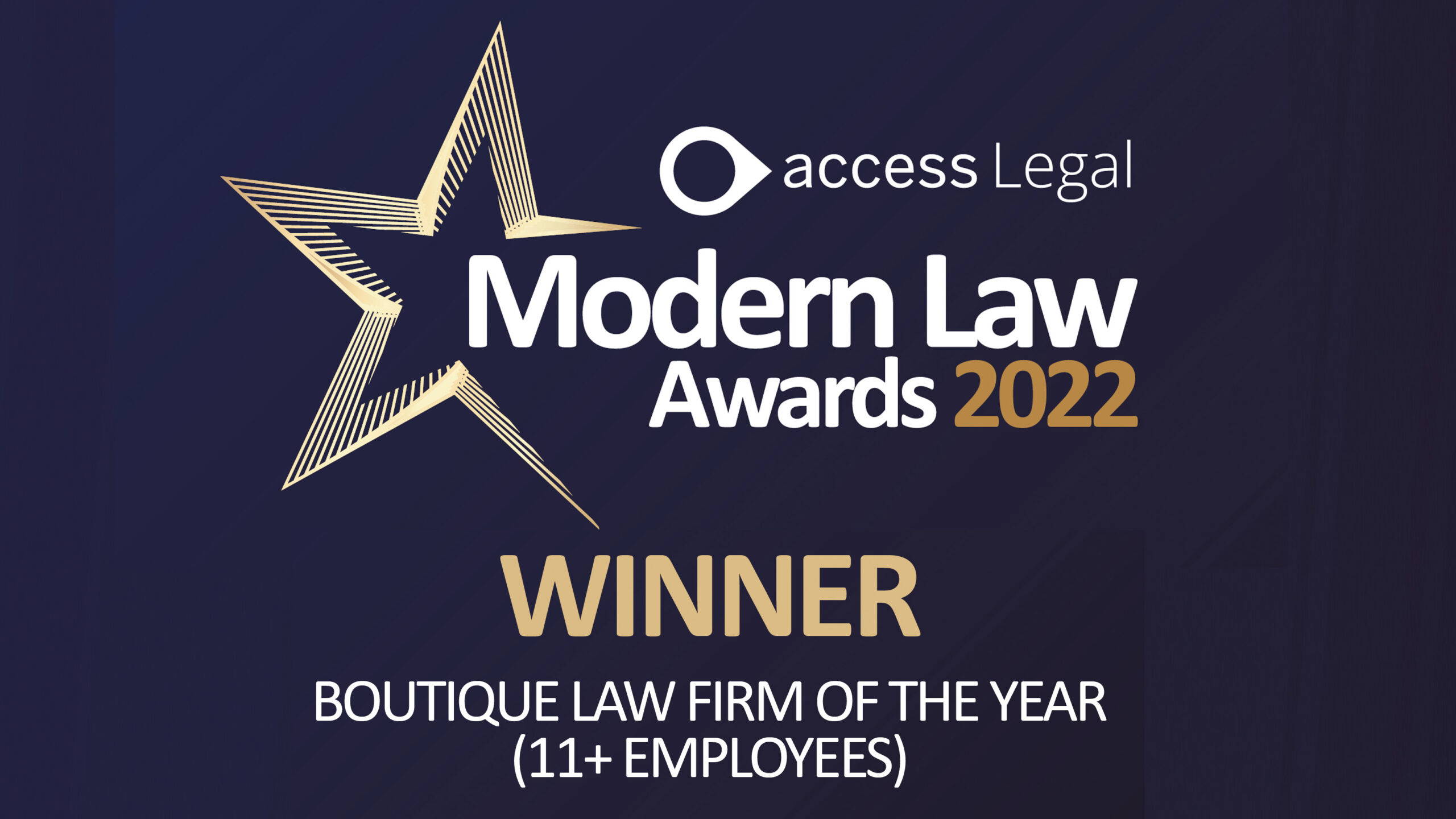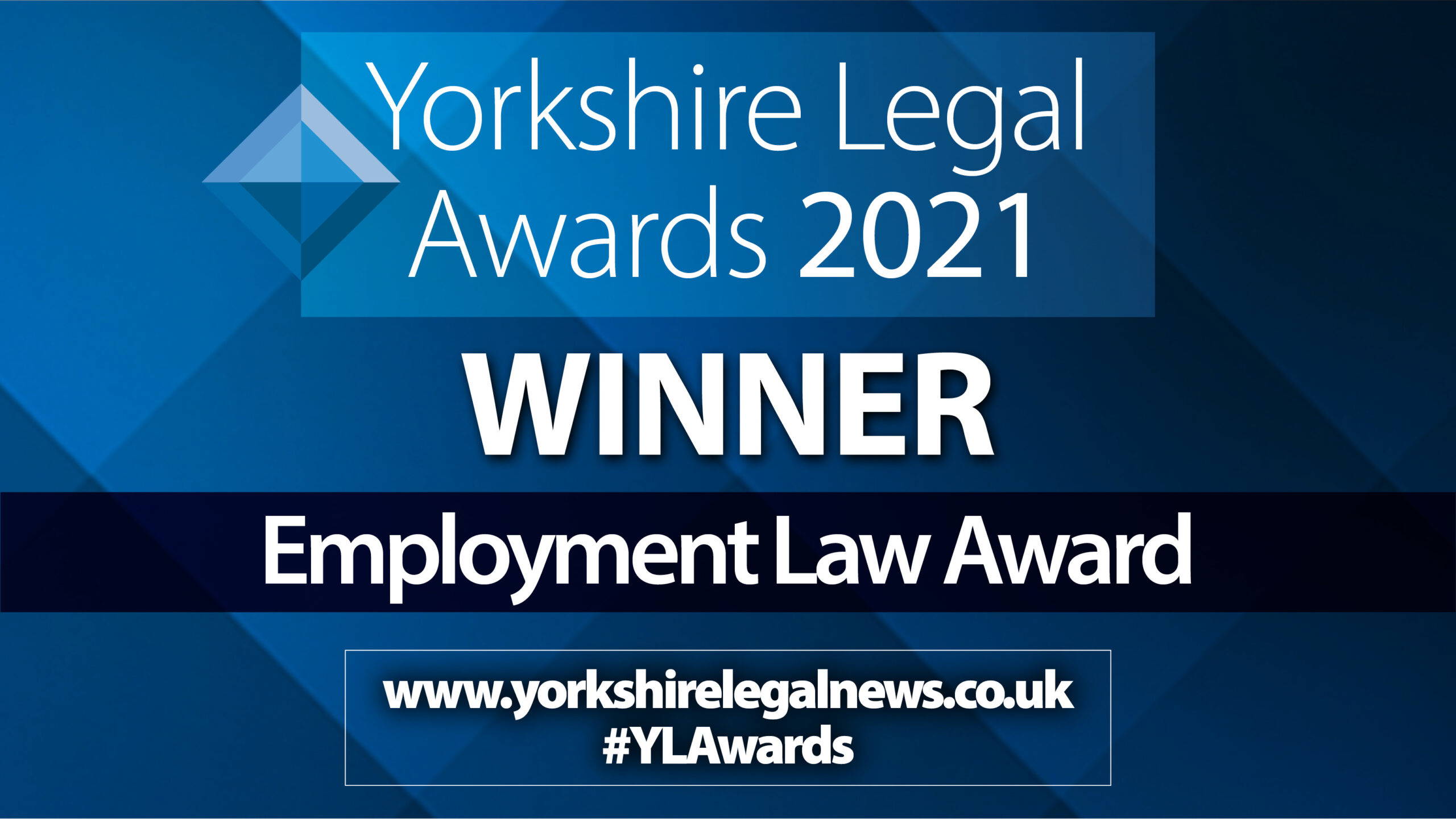If you’ve been offered a settlement agreement at work, you might be feeling overwhelmed, confused, or anxious. You’re not alone and it’s completely normal to have questions.
At Thrive Law, we know that legal documents can feel intimidating, especially when they relate to your job and future. That’s why we’re here to break it down for you and support you every step of the way.
What is a Settlement Agreement?
A settlement agreement is a legally binding contract between you and your employer. It’s often used to bring an employment relationship to an end, without needing to go through the Employment Tribunal process.
In most cases, you’ll be offered a financial sum, often referred to as a Termination (or ex gratia) Payment, and possibly an agreed factual reference. In return, you agree not to bring legal claims against your employer in relation to the matters set out in the agreement and to maintain confidentiality.
Key Points:
💡It must be entered into voluntarily, so you can’t be forced to sign it. It’s legally binding once signed by both parties.
💡You are entitled to receive contractual payments such as your salary, notice period, and any accrued but unused holidays.
💡If you have any post-termination restrictions/restrictive covenants within your contract, you will most likely still be bound by them; and the settlement agreement terms may also reinforce these.
💡It usually includes a non-derogatory statement clause, meaning that neither you and the Company agree to not say anything negative that would bring the other party into disrepute.
💡You must receive independent legal advice prior to signing for the agreement to be valid.
Why am I Being Offered One?
Being offered a settlement agreement [G1]doesn’t necessarily mean that you’ve done anything wrong. In fact, they’re commonly used in lots of different situations, such as:
✅ Redundancy or restructuring.
✅ Workplace disputes.
✅ Performance or disciplinary processes.
✅ Long-term illness or capability concerns.
✅ Sometimes, an employer offers a settlement agreement to avoid lengthy internal procedures or potential legal claims. It’s a way to part ways cleanly, often with financial compensation and agreed terms to protect both sides.
At Thrive Law, we want to reassure you: this is not a reflection of your worth or value. You have every right to pause, ask questions, and get support.
What Should I Consider Before Signing?
Before agreeing to anything, it’s vital to think carefully about what’s on the table. Some key things to look out for include:
💡Is the offer fair?
💡Does it reflect what you’re entitled to, including notice pay, unused holiday, bonuses, and other entitlements?
💡Are there any restrictive clauses?
💡Some agreements include non-compete clauses or terms that are too restrictive. These can affect what you can say or do in future employment and need to be reviewed carefully.
💡Will I get a reference?
💡Standard references normally only contain the factual details of your employment. However, you should ensure that this wording is covered in the agreement.
💡Top tip: You don’t have to sign right away, and you absolutely shouldn’t feel pressured to. Acas guidelines state
that employees should be given to 10 calendar days to consider and obtain advice on the terms and effect of
the agreement before signing. Taking legal advice is not only your right, it’s essential.
Your Legal Right to Advice
For a settlement agreement to be legally binding, you must get advice from an independent solicitor or qualified adviser. This is to ensure that you fully understand what you’re agreeing to and that the effect of the agreement is in your best interests.
Although it’s not a legal obligation, in most cases, your employer will contribute towards your legal fees, and in many instances, cover them entirely. If you instruct us to assist you with your settlement agreement, we’ll check this for you and confirm a cost estimate.
Invoices are normally raised in your name but marked payable by the Company and will be sent to them to pay directly once the agreement is finalised.
How Can We Help You?
At Thrive Law, we can help you as an individual by:
✅ Providing you with written advice on the terms and effect of your agreement, including what a reasonable offer would be.
✅ Assisting with negotiations where needed.
✅ Whatever the circumstances of your agreement, we’re here to support you and provide you with knowledge and compassion.
We can also help Companies by:
✅ Drafting settlement agreements.
✅ Advising on reasonable offers for employees.
✅ Advising on how to approach without prejudice conversations with an employee.
Frequently Asked Questions
❓ Do I have to accept the settlement agreement as it is?
✅ No. These agreements are entirely voluntary so you’re under no obligation to accept the terms offered.
❓ Can I negotiate the terms?
✅ Yes. Our team are able to support you in drafting or reviewing without prejudice correspondence to negotiate with your employer. Our support aims to provide you with the fairest agreement and best financial outcome.
❓Will I get a reference?
✅ Not always but often, yes. This should be clearly agreed in the agreement.
❓Is a settlement agreement the same as redundancy?
✅ Not quite. Redundancy may be one reason for a settlement agreement, but they’re also used in other situations like grievance and performance management processes and preventing the need for lengthy internal procedures to take place.
❓Can signing the agreement stop me from reporting wrongdoing?
✅ No. Even if there’s a confidentiality clause, it can’t prevent you from whistleblowing or reporting criminal activity.
Need Advice on a Settlement Agreement?
We’re here for you. The Thrive Tribe are on hand to advise you on and negotiate your Settlement Agreement. Contact our team to book your free 15 minute initial call, where we can scope out your needs and options. Please note, that we cannot provide legal advice on this call and until our costs are agreed but this call with be without a cost to scope out the above.









